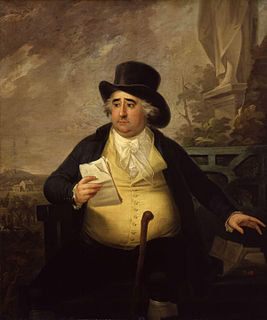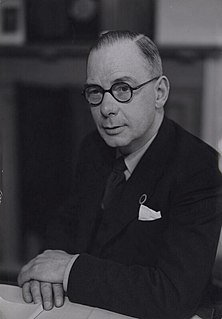A Quote by Carl Jung
It is in applied psychology, if anywhere, that today we should be modest and grant validity to a number of apparently contradictory opinions; for we are still far from having anything like a thorough knowledge of the human psyche, that most challenging field of scientific enquiry. For the present we have merely more or less plausible opinions that defy reconciliation.
Quote Topics
Anything
Anywhere
Apparently
Applied
Challenging
Contradictory
Defy
Enquiry
Far
Field
Grant
Having
Human
Human Psyche
Knowledge
Less
Like
Merely
Modest
More
More Or Less
Most
Number
Opinions
Plausible
Present
Psyche
Psychology
Reconciliation
Scientific
Should
Still
Thorough
Thorough Knowledge
Today
Validity
Related Quotes
When it happeneth that a man signifieth unto us two contradictory opinions whereof the one is clearly and directly signified, andthe other either drawn from that by consequence, or not known to be contradictory to it; then (when he is not present to explicate himself better) we are to take the former of his opinions; for that is clearly signified to be his, and directly, whereas the other might proceed from error in the deduction, or ignorance of the repugnancy.
No human government has a right to enquire into private opinions, to presume that it knows them, or to act on that presumption. Men are the best judges of the consequences of their own opinions, and how far they are likely to influence their actions; and it is most unnatural and tyrannical to say, "as you think, so must you act. I will collect the evidence of your future conduct from what I know to be your opinions."
Why should I crowd the world with my opinions? Live and let live. That's it. Let people have their own opinions, and you just keep yours to yourself. There are too many opinions - some unnecessary, some great, some ridiculously stupid - so I think I rather not say anything and keep my opinions to myself.
The wisdom of literature is quite antithetical to having opinions. 'Nothing is my last word about anything,' said Henry James. Furnishing opinions, even correct opinions - whenever asked - cheapens what novelists and poets do best, which is to sponsor reflectiveness, to pursue complexity. Information will never replace illumination.
Science attacks our most cherished opinions. Opinions which come straight from our collective gut. Oh, wait, according to gastroenterologists, the only thing that comes from the gut is waste left from the digestion of food. That’s right, “waste.” I guess that means that scientists literally think our opinions should be flushed down the toilet!
Intelligence is important in psychology for two reasons. First, it is one of the most scientifically developed corners of the subject, giving the student as complete a view as is possible anywhere of the way scientific method can be applied to psychological problems. Secondly, it is of immense practical importance, educationally, socially, and in regard to physiology and genetics.





































